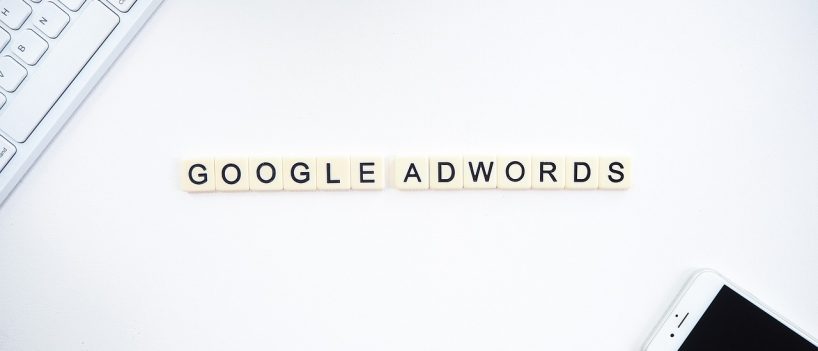
Pay-Per-Click is a paid form of internet marketing strategy that is driven by bidding and clicks on the advertisements. Search Engine Optimization is an organic online marketing strategy that drives maximum traffic to the website by using quality keywords and relevant data. Both techniques have their significance, but some experts still believe that the benefits of PPC outrank the perks of SEO. It brings us to a common question, “How does Google AdWords affect organic results?”. Although it’s clear that paid marketing doesn’t affect the Search Quality Team directly, numerous indirect things cause a confluence between both strategies. Let’s talk about these indirect things in detail and clear everything out.
In many cases, people who come across an Ad on the internet are more likely to click on the organic listing. See, search engines display both paid and organic results when a user inserts a keyword in the search box. So, they get to choose from different options, making SEO listing a favorable outcome. Also, they might go for the ranking and choose to click on the Ad or listing that appears on top of the SERPs, which can also be an organic result. It forces the users to make a biased decision by putting both the results together, which is why paid marketers bid on the brand ads to avoid losing a crucial number of the target audience.
It’s human psychological behavior to prefer authorized and credible output instead of something that has been seen for the first time. Once the searchers have visited the site or the landing page by clicking on the paid ad, they are more likely to convert for the same product listing or brand in the organic results. It’s because they have been acquainted with the goods and the brand before. They prefer to click, engage, and convert into final buyers through the listing where the brand shows a stronger association. Hence, many SEOs first rely on paid exposure and then use their outcomes for the benefit of organic exposure.
Roughly, the number of clicks on each webpage is what we call Click-Through-Rates, and intentionally or not, PPC managers benefit the SEO’s CTR. So, where approximately 2-3% CTR is achieved through Google Ads, the organic results are reaping as much as 47-57% of total search results. Let’s take, for example, you are searching for dining room table lighting and as you press enter, a couple of beautiful designs and ideas will be displayed on the screen. But it’s our human behavior to drill down further and look for other options too. As a result, the way down the site, the organic results will hit up and you will finally click one of them. Hence, again, it’s biased for the PPC results that come for a cost and still finds it hard to engage prospects and leads.
Some viewers, when visit a site and like its products and services, might decide to link to it, provide it media or social media coverage, or mention the brand somewhere. In an all, the visitors are increasing the engagement rate of the website, which ultimately skyrockets its ranking in the SERPs. Since achieving a higher ranking in the SERPs is the overall objective of organic marketers, directly or indirectly, Google Ads is helping SEOs.
As we learned about the link between PPC and SEO results, more of the benefiting effects of the former on the latter came into light. Hence, white label PPC providers are advised to align the functions of both marketing strategies in a way that they support each other in all circumstances.